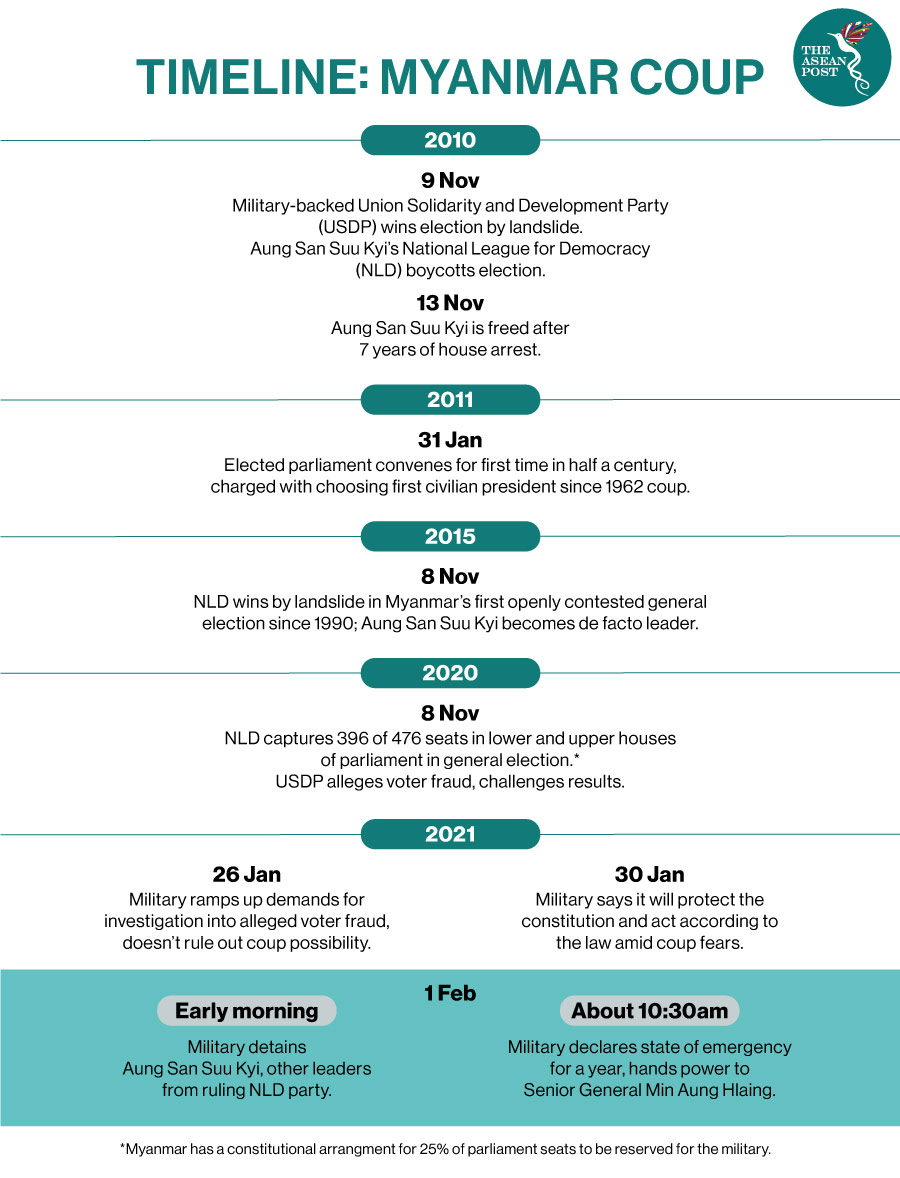7667766266
enquiry@shankarias.in
What is the issue?
ASEAN has decided to exclude Myanmar’s military junta from its annual summit which is a major setback for the Generals’ attempt to gain regional legitimacy for their brutal regime.

References
Myanmar